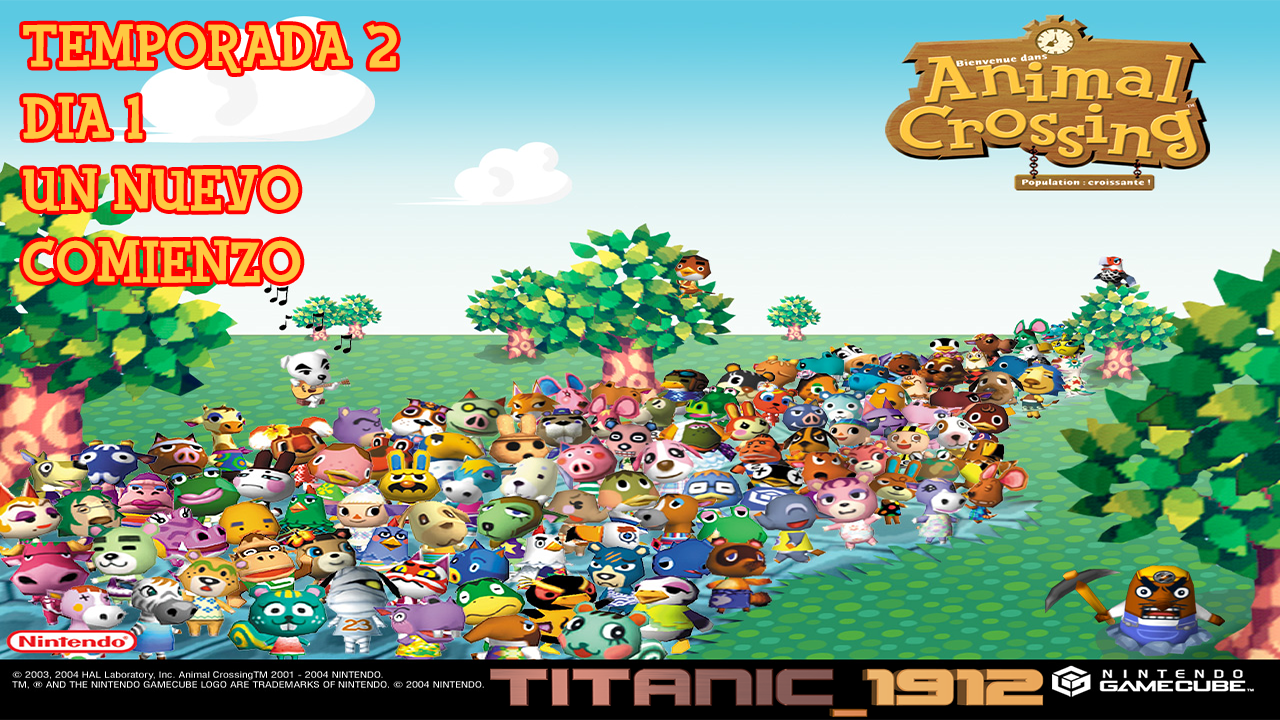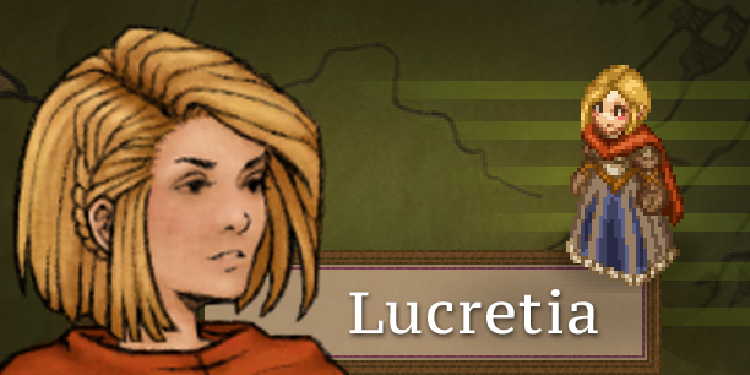

Meant to be a fresh take on the classic strategy RPG style, Arcadian Atlas was designed from the ground up to incorporate more challenging battle strategies, new & balanced job classes, and more cutthroat plot twists that'll leave these complex characters' lives hanging in the balance.įeaturing dynamic job classes, a rich character driven narrative, strategic grid-based battles and a jazz infused soundtrack, Arcadian Atlas is a lushly handcrafted 2D isometric tactical RPG that takes the rich history of the genre and makes it fresh. Let the moody jazz soundtrack carry you through a thought provoking & ruthless story of love, deceit, murder, companionship and war. Watch your footing and mind the strategic vantage points as you traverse the richly detailed pixel art world of Arcadia - a single misstep on the battlefield could cost you a friend’s life. We’d love to bring it to PS4/Vita as well, and are hard at work with several parties to see what we can do to bring it to those platforms.Arcadian Atlas is a 2D isometric tactical RPG about the choices people make in pursuit of the things they love, and the havoc it wreaks on a kingdom. Outside that, iOS is likely with some control scheme tweaks to the engine. We have definite plans for PC, Mac, and Linux. These core classes then open into two advanced classes that add radical differences in appearance, battle companions, explosive skills, and strategies to utilize them in a fight.ĭo you plan on bringing the game to platforms other than the PC? Players assign a core class to each of their troops, and ideally that core class dictates the overall play style of that troop for the remainder of the game.Įach class then has branching skill trees to further develop them, such as the ranger’s ability to be agile, using the environment to cripple foes, or rooted like a bulwark against encroaching foes with a huge boost to power. How does the class or job system work in Arcadian Atlas? What sets it apart from games like Final Fantasy Tactics? Taylor wants to have several branching story arcs dependent on choices made, along with several possible endings in a similar vein as Chrono Trigger. The narrative seems to be a big part of Arcadian Atlas, setting it apart from other turn-based strategy games that are less story-focused.

Gameplay-wise, it’s very much a strategic RPG, with core roots in games like Tactics Ogre and Final Fantasy tactics, though we’re taking a fresh perspective on job classes and skill/weapon mechanics that more mimic games like Ragnarok Online and, believe it or not, The Witcher series. Plus, I love the art of French painter Mucha with his thick lines and airy quality. We love how incredibly expressive and endearing those little sprites are, and how wonderfully they wormed their way into our hearts. What games does the game draw inspiration from, and how?Īesthetically, it is heavily influenced by the classic pixel art games of the 90’s like Chrono Trigger, Breath of Fire, and Suikoden. Plus, our community is small but amazing, and we wanted them to be involved because they’ve been with us for over a year and a half already.īased on the trailer you’ve released and the screenshots, Arcadian Atlas shares the aesthetic of several ‘90s tactical turn-based games. Spiritlink Tactics is a story driven, tactical turn-based RPG. So Kickstarter allows us both to gauge the potential audience for the resurgence of these sorts of games, as well as provides a very monetary way of supporting the developers who create them. Open in Steam store Gameplay on YouTube Prices on IsThereAnyDeal Similar games. Indies often struggle to estimate potential audiences for different genres, and the tactical RPG hasn’t exactly been a booming genre in some time. Kickstarter makes sense because it operates on two levels: a gauge of community interest as well as a funding platform.

Why did you decide to go down the Kickstarter route to fund your game instead of a traditional games publisher?


 0 kommentar(er)
0 kommentar(er)
